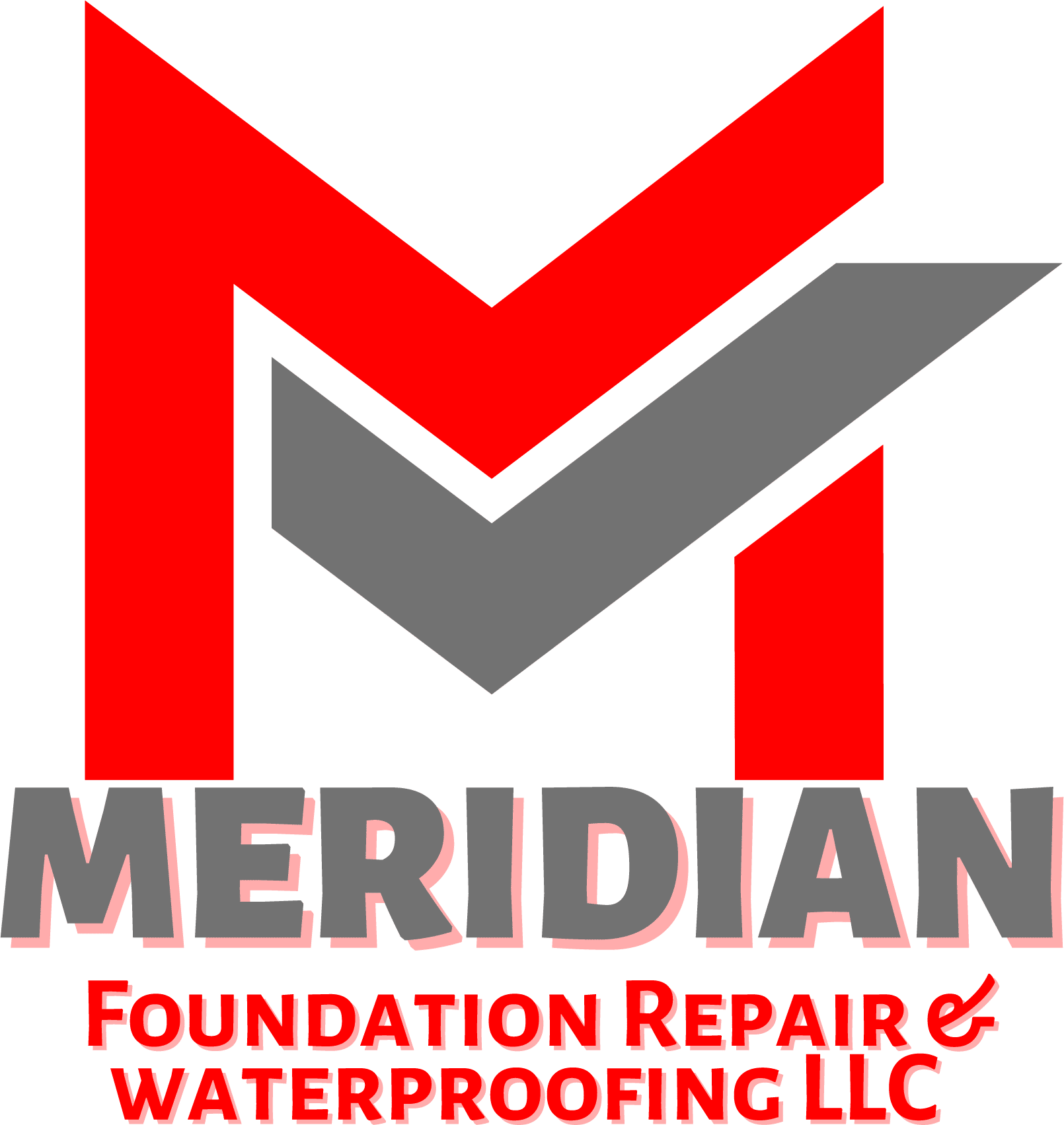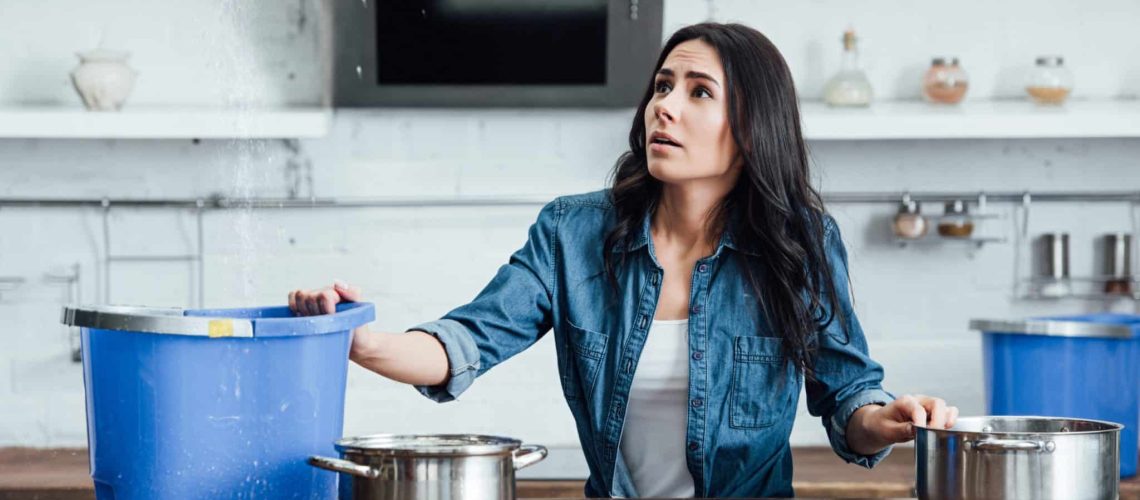One of the leading causes of property loss is water damage. However, when we say water damage, it does not refer to hurricanes, floods, or riverbanks overflow. These are not the most common sources of water damage to property. A broken sump pump, water pipes, bathtub leaks, faulty water heaters, and sewer lines can be the most common reason for water damage on a property. Pieces of evidence of these damages include watermarks on the ceilings, floors, and walls. Some water damage results from quickly DIY fixable problems if detected on time. Sometimes, it starts with tiny drops of water from somewhere, which worsens over time if not handled immediately. If you own a property, it’s crucial to prevent water damage, as water is your worst enemy as it can be costly and time-consuming.
Water damage risk factors
One of the best ways to deal with water damage is by understanding the risk factors to look out for and how to prevent damage by implementing the appropriate methods to mitigate the risks. Let’s look at some water damage risk factors.
- Building use. Residential buildings usually have more plumbing systems, smaller mechanical units and systems, and more people using these systems. Hence, there will be an increased chance of misusing these systems, leading to a breakdown. This is not the case for commercial buildings.
- Geographical location. Different locations pose different risks. Buildings in areas prone to tropical storms and hurricanes must be prepared for any occurrence.
- The height of the building. Taller buildings are more susceptible to water damage because gravity pulls water from higher floors.
- The property’s age. Older buildings’ external systems like roofs, gutters, and windows constantly need maintenance to prevent leaks and openings.
How to prevent water damage to your property
For property owners and even tenants, there is a need to prevent water damage from happening. Here are a few ways you can protect your home.
- Repair leaky pipes as soon as issues arise. High water pressure can lead to leaking pipes.
- Conduct periodic inspection of the property. Damage worsens if neglected for an extended period. Therefore, make it a habit to thoroughly check your property’s external and internal parts at least three times a year. Doing this will help you detect damages timely and fix them before they cost you more damage.
- Have a protocol. Create a set of instructions or procedures should in case you detect a threat or there is an emergency.
- Maintain proper drainage. Sumps pumps are essential elements in a home. It is a factor that determines whether your home is capable of fighting against water damage or not.
- Install a water leak detection device. This can be relatively expensive, but it is worth every penny spent. It helps to shut off the water supply in the event of any leak.
- Prevent pipes from getting frozen. You run warm water periodically through the pipes.
What a water damage restoration company does
When you are faced with water damage, your best option is restoration. Water damage restoration is an all-encompassing term used to describe the process of cleaning water damage from the very beginning to the very end. Water damage restoration can also be known as remediation, removal, extraction, mitigation, and flood cleanup. It can be overwhelming to deal with water damage restoration, especially if so much damage has been done to your house.
Water damage restoration companies begin by assessing the extent of the damage to determine the best course of action. Depending on the severity of the damage, they may recommend that you vacate the property while they restore it. One of the effects of water damage is the presence of mold, which is harmful to one’s health. These professionals will help you find the best approach to mold remediation.
Conclusion
Preventing water from damaging your property will save you a lot of money. As mentioned previously, there are various causes of water damage, including clogging of gutters, clogged drains, exposed water supply lines, leaking pipes, faulty appliances, and septic tank overflow. In addition, investing in water detectors can also help you detect the tiny water leaks you can often miss. Neglecting the smallest leak can cost you a whole lot. Water damage is a genuine risk if you are a property owner or tenant, so being able to monitor for and prevent it is of utmost importance. If you need assistance identifying risk factors or implementing prevention methods, get in touch.


